Importing Medical Devices and Goods from the EU to the UK
Cost-Effective Shipping Solutions for the UK and Beyond
Since the Covid-19 pandemic began, the need for medical devices, personal protective equipment (PPE), and other essential goods has surged across the UK. Businesses now rely on efficient import processes to send vital supplies from the European Union and other international sources to meet this demand, ensuring timely delivery to England, Wales, Scotland, and Northern Ireland.
UK Medical Devices and Goods: What You Need to Import
Companies looking to import medical devices and goods from the European Union to the UK must follow specific requirements and regulations. Whether you’re planning to send medication or equipment from countries like Germany or the Netherlands, here’s what you need to know to get started and place your shipment successfully.
UK Medical Devices: Importing Goods You Need
UK Requirements for Shipping Medical Devices
To import and send medical devices and goods to the UK, businesses must comply with registration processes and regulation standards. This ensures that every item meets safety and quality expectations, whether destined for England, Wales, Scotland, or Northern Ireland.
